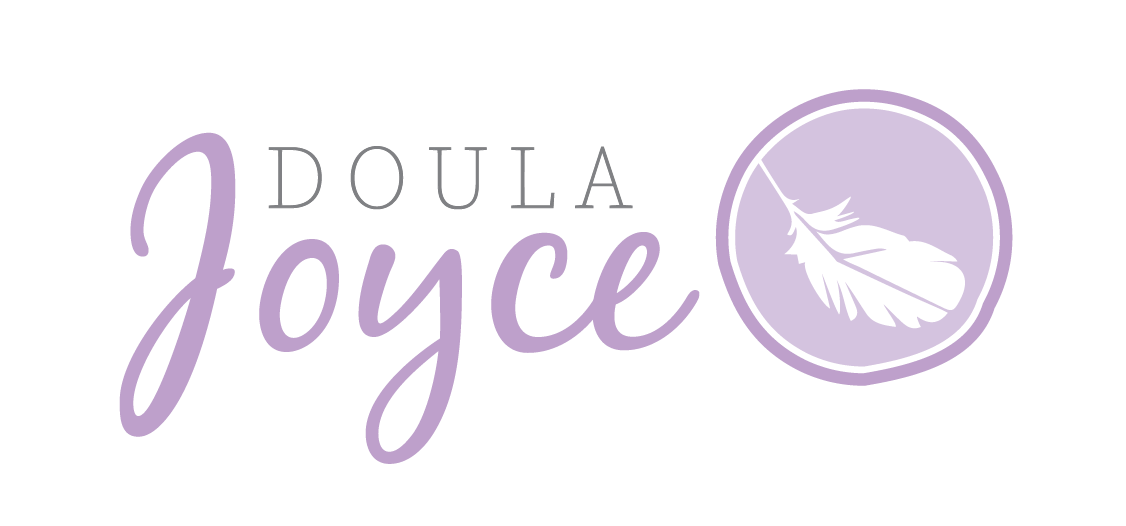Why We Need Birth Centers
On July 27, 2024, CHI Health announced that they would be closing the CHI Birth Center at Lincoln to births and converting it to a clinic only. This is a terrible decision that removes a safe birth option from the state of Nebraska, and the 5 week notice is not enough time for expecting families to change their plans and come to terms with the loss of this choice. But why does this matter for people who aren’t currently planning birth center birth? Why do we need birth centers?
First, a definition. I am referring specifically to freestanding birth centers, outpatient facilities that provide peripartum care for families experiencing low risk pregnancies and anticipating low risk births. Birth centers are outpatient facilities, and do not offer hospital monitoring or medications, such as continuous electronic fetal monitoring, epidurals, Cesareans, or induction of labor. For families who want a low intervention birth experience and qualify for birth center birth, it is a wonderful option that, for many, represents a middle ground between home birth and hospital birth. Because the term “birth center” is not a trademarked term, some hospitals name their labor and delivery floors birth centers. The freestanding birth center, providing outpatient peripartum care for low risk births, is distinct, and the focus of this blog post.
We need birth centers because families want it as an option. According to the Listening to Mothers III Survey published in 2013, "A growing interest in out-of-hospital births led us to ask mothers their opinions about some birth setting options, and Table 32 presents the results. We asked mothers who intended to have more children whether they would consider birth center or home birth settings for a future birth. Among mothers planning a future pregnancy, two-thirds would consider a birthing center and a little more than one-fourth would consider a home birth. One-fourth of mothers indicated they would “definitely” want the birth center option."
We need birth centers to reduce healthcare costs. It is well established that the US spends an extreme amount of money on healthcare, and there are multiple national efforts to reduce spending. While national efforts are focusing more on capping pharmaceutical prices and cost transparency, choosing a lower cost option is one way individuals can reduce their own healthcare spending, and we know that the birth center costs less than a similar hospital birth. Hospitals have a lot of staff they need to pay, and this reality gets included in hospital birth facility fees. Birth centers do not need to pay cafeteria staff, or have a pharmacy staffed 24/7, so their facility fees are lower, saving patients and healthcare systems money.
We need birth centers to stratify maternity care. We need hospitals for complicated pregnancies and births, and those hospital resources should be reserved for those who need higher levels of care. ACOG, the American College of OBGYNs agrees, “Importantly, accredited birth centers and hospitals that offer basic and specialty maternity services provide needed obstetric care for most women who are giving birth in the United States. Furthermore, they often provide maternity care in rural and underserved communities, which offers the benefit of keeping women with low- or moderate-risk pregnancies in their local communities. Closing hospitals with low-volume obstetric services could have counterproductive adverse health consequences and potentially increase health care disparities by limiting access to maternity care.” Having birth centers for low risk pregnancies and births means limited hospital resources are more available for higher risk pregnancies and births. If a labor and delivery room at the hospital is occupied by a low risk family that wanted birth center birth, that room is not available for a high risk emergency birth. Birth centers are a wise use of resources.
We need birth centers because they are a safe out of hospital birth option in a state that does not license home birth providers. Nebraska is the only state that does not allow home birth with a licensed midwife, meaning families who desire home birth must choose an underground midwife or give birth without a caregiver present, choices that not every family is comfortable or able to make. Having the option of a birth center, albeit on the far Eastern section of the state, gives Nebraska families another option that is above board, not in a not-illegal, not-legal, a-legal gray zone. Nebraska needs more birth options, not fewer.
We need birth centers because of the Black maternal mortality crisis in the US. One of the strategies identified by the Commonwealth Fund to combat Black maternal mortality in the US is to increase out of hospital birth facilities, “Birth centers reduce the number of interventions used in the course of labor and delivery while improving patient experience and lowering costs — saving more than $1,000 per birth. A review of 32 studies of birth centers found positive health outcomes for women, including lower rates of C-sections compared with women delivering in hospitals. Few severe maternal outcomes and no maternal deaths were reported in any of these studies, and overall, women were satisfied with the comprehensive, personalized care that they received. Another recent study of more than 15,000 birth center labors found only 6 percent resulted in C-sections with no maternal deaths. Although less consistent, some research also suggests improved infant outcomes. Hospital-affiliated birth centers may be particularly effective because they ensure higher levels of care are available in an emergency.”(Emphasis added).
We need more birth centers. We need more midwives. We need more out-of-hospital birth options. We need more choice. Save the birth center.

